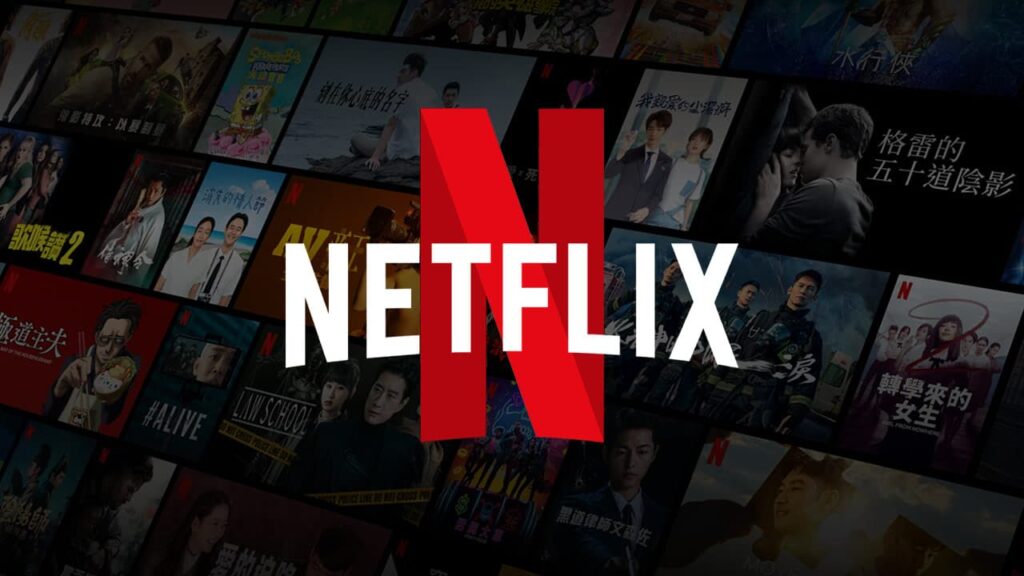Netflix has recently moved to dispel rumours regarding its potential exit from the Nigerian market, reaffirming its ongoing dedication to the country’s entertainment sector. In a statement issued recently, the streaming giant reassured both subscribers and stakeholders, emphasising that the speculation about its departure was baseless.
This declaration follows growing discussions on social media, sparked by concerns over Nigeria’s economic challenges and increasing regulatory pressures. While Netflix’s response aims to calm concerns, a closer inspection of its investment strategy across Africa suggests that its commitment may be more cautious than expansive.
Nigeria has long been a leading force in the entertainment industry, with its films and series frequently gaining recognition both across the African continent and internationally. Productions such as Blood Sisters, Anikulapo, and Shanty Town have become standout Nigerian titles that have enjoyed widespread success on the platform.
These accomplishments highlight the significant demand for Nigerian storytelling and locally produced content on global streaming platforms. As such, Netflix appears to have a vested interest in the market—however, it remains uncertain whether this interest will be enough to endure the economic and regulatory challenges that have recently raised doubts about the company’s future in the country.
Despite its evident investment in Nigerian content, Netflix’s overall financial commitment to Nigeria has been relatively modest in comparison to other African nations. From 2016 to 2023, Netflix invested $175 million in Africa, with a significant 71% of that figure allocated to South Africa. By contrast, Nigeria—despite being the largest economy in Africa and a central player in the creative industry—received a notably smaller share. This disparity raises valid questions about the depth of Netflix’s commitment to Nigeria, particularly considering the country’s immense potential and its central position in the African entertainment landscape.
This discrepancy becomes even more significant when viewed against the backdrop of Amazon Prime Video’s recent pullback from Africa. Earlier this year, Amazon scaled back its operations on the continent, cutting jobs and halting investments in local content due to ongoing profitability concerns.
Netflix may be adopting a similar, more cautious stance in Nigeria, mindful of the high production costs, limited subscription margins due to the country’s economic realities, and the mounting regulatory challenges it faces in the market.
While Netflix continues to support Nigerian talent and collaborate with local filmmakers, its investment approach indicates a more measured strategy, reflective of a company carefully weighing the risks posed by an unpredictable market.
The economic environment in Nigeria remains fragile, characterised by high inflation, fluctuating exchange rates, and shifting regulations, all of which complicate long-term planning for international companies. Netflix’s restrained investment in Nigeria may be a strategic move to avoid overcommitting in a market that continues to present significant volatility.
Nevertheless, the question persists: can Netflix maintain its growth and relevance in Nigeria without making deeper investments? The Nigerian market represents a vast and untapped resource, brimming with cultural influence, creativity, and a burgeoning young audience eager for international entertainment.
If Netflix is to remain the leading platform for African content, it will need to do more than simply invest in content; it must also commit to building the infrastructure, partnerships, and local talent that will foster sustainable growth.
For the time being, Netflix’s reassurances may carry some weight, but its cautious investment pattern hints at a more complex strategy. As competition intensifies from local streaming services and other global players, Netflix’s commitment to Nigeria will be tested. The company may need to reassess its approach, placing Nigeria firmly at the heart of its African expansion strategy. Only time will tell if its commitment extends beyond mere words.

